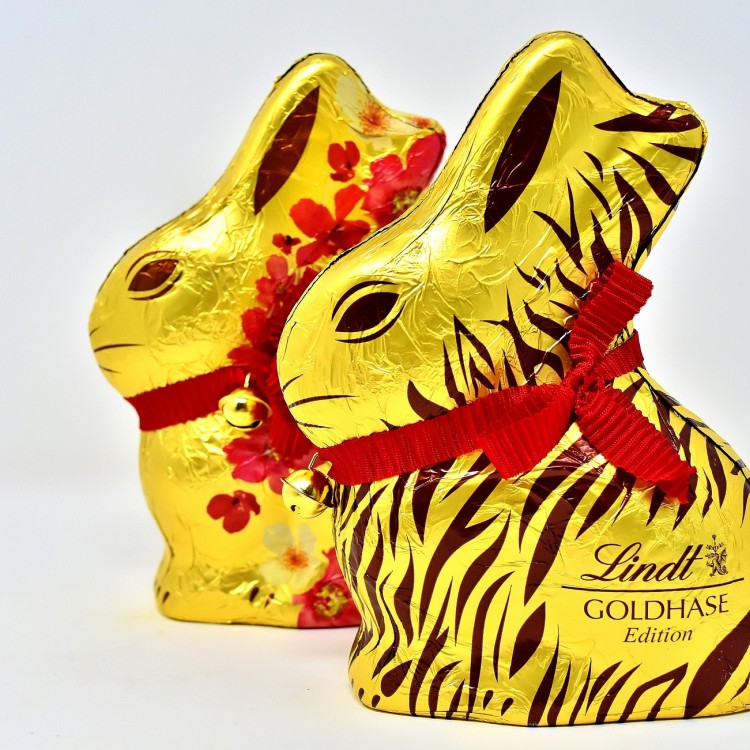

No more testing after slavish imitation?
Slavish imitation
Slavish imitation is the unlawful ‘copying’ of a product or another distinguishing feature. The assumption of intellectual property law is that without (a registered) IP right, there is, in principle, no protection (anymore). But imitating a product or another distinguishing feature is unlawful if it is done unnecessarily, and the imitation creates confusion on the relevant market. This constitutes an unlawful act, which is based on the Dutch Civil Code. When imitating a product unlawfully, it is important that the imitated product or distinguishing feature has its own, distinctive position on the market. The product must distinguish itself from other products in its external appearance.
Imitation slogan
In recent summary proceedings with regard to the slogans “alleen nog even testen” and “alleen nog even spugen”, Spoedtest et al argued that Spoedtestcorona infringes what it believes to be the copyright-protected slogan “alleen nog even testen” and/or that there is slavish imitation by using the slogan “alleen nog even spugen”.
Copyright infringement?
The first question to be answered is whether the slogan “alleen nog even testen” is eligible for copyright protection. The short answer is ‘no’. For the slogan “alleen nog even testen”, insufficient creative choices have been made, according to the judge. In the Dutch language, the words “Alleen nog even” have a common meaning (comparable to “Eerst nog even” or “Alleen nog ff” (“First ...” and “Just ...” respectively). Such a sentence cannot be an own intellectual creation. In addition, no ‘personal touch of the author’ can be discerned in that sentence, which is a condition based on Dutch copyright Jurisprudence. The addition of the equally common word “testen” (“test”) does not change that.
Despite the fact that “alleen nog even testen” is a catchy slogan, it does not constitute an own intellectual creation and is therefore not protected by copyright law.
Slavish imitation?
The slavish imitation claim is granted by the judge. This follows from the fact that the slogan “alleen nog even testen” has acquired an own and individual position in the market through the various advertising campaigns of Spoedtest et al that carry the slogan. For example, it spent €19 million on Google ads alone, which has resulted in great brand awareness. This gave the slogan its own and individual position on the relevant market.
Secondly, Spoedtestcorona did not do everything that is reasonably possible and necessary to prevent confusion between the slogan of Spoedtest et al and its slogan. The word “spugen” refers to taking a saliva test and that is also a form of testing, according to the judge.
The words in the message “Alleen nog even” can be expressed in different ways. To use the classic phrasing of the Supreme Court: “Spoedtestcorona has failed in its obligation to avoid confusion, as it could also have chosen a slightly different text that would not affect the effectiveness of the message. Spoedtestcorona has therefore not done everything that is reasonably possible and necessary to prevent a risk of confusion. By failing to do this, Spoedtestcorona has acted unlawfully towards Spoedtest et al.”
Additional ground for protection
It is common practice to invoke multiple legal grounds in product design cases. The claimant often argues that its intellectual property rights (usually copyright and design rights) are being infringed and that an unlawful act has been committed. More specifically, it will be argued that the other party ‘slavishly imitates’ its product (feature). The application of slavish imitation to other distinguishing features - such as a slogan - is less common, but this does not alter the fact that it can be an appropriate means for companies whose corporate identity is imitated, especially if it has invested a lot in it and some brand awareness has been acquired.
Kenmerkend newsletter
This article is part of Kenmerkend, the newsletter of NLO Shieldmark. In this quarterly newsletter you can read interesting articles about trademarks & designs models and the latest news from NLO Shieldmark. Would you like to stay informed? Subscribe to our newsletter!
Subscribe



